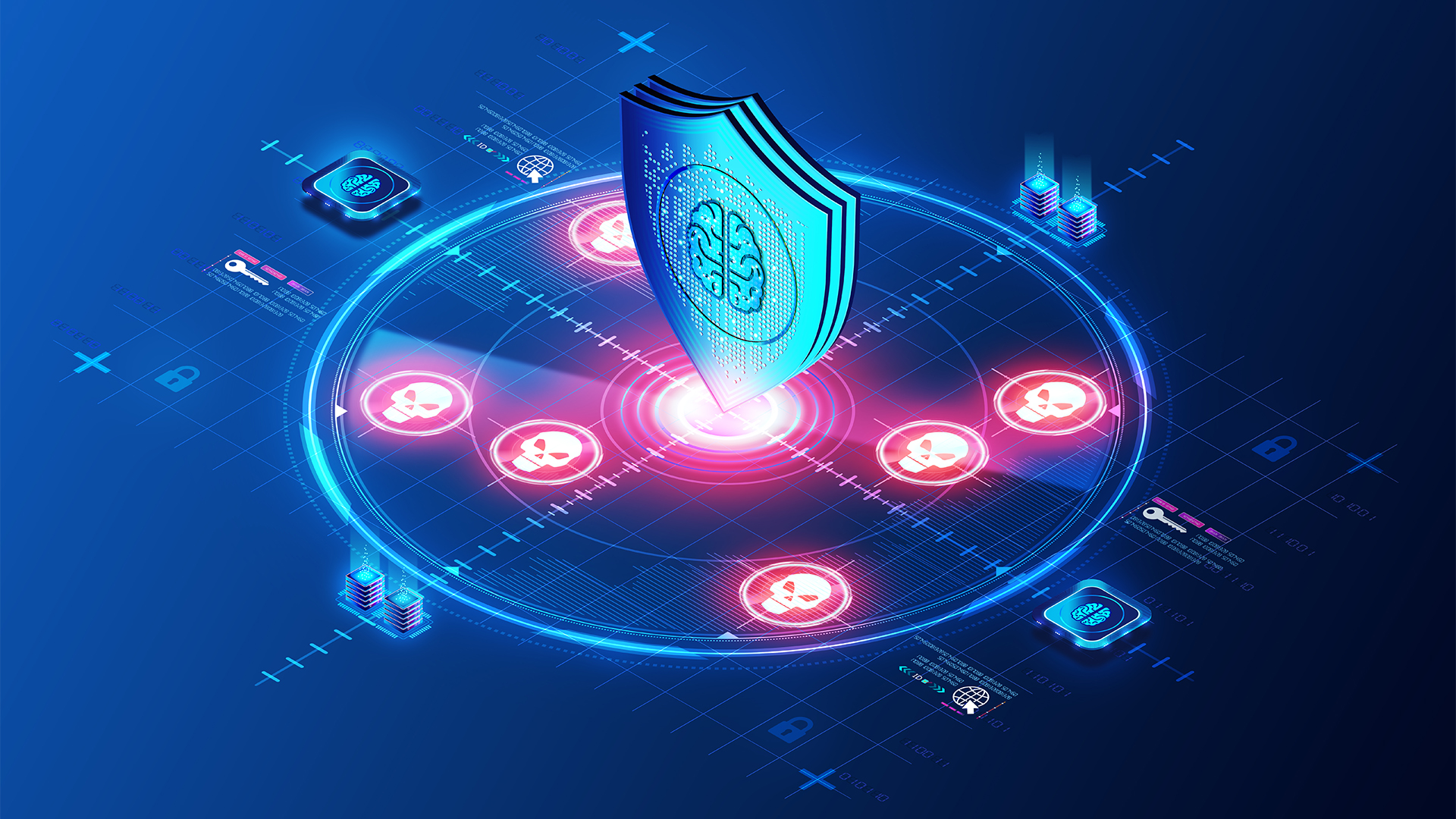Q&A: Tom Ilube, head of Garlik
The chief executive of identity management provider Garlik discusses how to keep yourself and your information safe online.

Sign up today and you will receive a free copy of our Future Focus 2025 report - the leading guidance on AI, cybersecurity and other IT challenges as per 700+ senior executives
You are now subscribed
Your newsletter sign-up was successful
Does the size of your online identity relate to your risk of identity theft or cybercrime?
We asked a firm of criminologists to look at how online criminals operate. The message is that they look for information on different sites, and look for very specific bits of information. There are very precise, hard data items that they use to build a social context around. In about 30 per cent of cases, if you pick someone off the street you would be able to find enough information about them online to steal their identities. A lot of consumers don't realise that the registers of births, marriages and deaths are online, for example.
There are five or six specific pieces of information a fraudster is interested in: your full name, your mother's maiden name, your exact date of birth, your full address, maybe where you went to school, and if you have your signature out there, a fraudster can copy it.
The fraudster is not necessarily looking for high profile people. Why go after Gordon Brown's identity? Fraudsters are not fools. They just comb the net: something that would have taken them two to three weeks before now takes two to three hours online.
There are occasional high profile frauds it's said that even Bill Gates has been had but low-level large scale fraud is trawling for people with too much information online. But we are at quite an early stage of this new type of cybercrime.
At Egg, the first attacks we saw were amateur and ad hoc, but became more systematic and organised. We are now seeing the same behaviour at the consumer end of cybercrime, so you do need to get people more engaged in their identities.
Should we do more to protect ourselves?
Sign up today and you will receive a free copy of our Future Focus 2025 report - the leading guidance on AI, cybersecurity and other IT challenges as per 700+ senior executives
The police can't stop identity theft. To help themselves, consumers need to make themselves harder targets. I have taken people through all the information I have found about them on social networking sites. And in a few weeks the information is still there!
If a bank asks you for a password they are actually asking you for a word you can remember. You don't need to give them the real answer to questions such as your mother's maiden name.
-
 CISOs are keen on agentic AI, but they’re not going all-in yet
CISOs are keen on agentic AI, but they’re not going all-in yetNews Many security leaders face acute talent shortages and are looking to upskill workers
-
 Why Amazon’s ‘go build it’ AI strategy aligns with OpenAI’s big enterprise push
Why Amazon’s ‘go build it’ AI strategy aligns with OpenAI’s big enterprise pushNews OpenAI and Amazon are both vying to offer customers DIY-style AI development services
-
 AI is “forcing a fundamental shift” in data privacy and governance
AI is “forcing a fundamental shift” in data privacy and governanceNews Organizations are working to define and establish the governance structures they need to manage AI responsibly at scale – and budgets are going up
-
 Fears over “AI model collapse” are fueling a shift to zero trust data governance strategies
Fears over “AI model collapse” are fueling a shift to zero trust data governance strategiesNews Gartner warns of "model collapse" as AI-generated data proliferates – and says organizations need to beware
-
 Tech leaders worry AI innovation is outpacing governance
Tech leaders worry AI innovation is outpacing governanceNews Business execs have warned the current rate of AI innovation is outpacing governance practices.
-
 Top data security trends
Top data security trendsWhitepaper Must-have tools for your data security toolkit
-
 SEC data breach rules branded “worryingly vague” by industry body
SEC data breach rules branded “worryingly vague” by industry bodyNews The new rules announced last week leave many questions unanswered, according to security industry experts
-
 The gratitude gap
The gratitude gapWhitepaper 2023 State of Recognition
-
 Meta sues ‘data scraping for hire’ service that collected info on 600k users
Meta sues ‘data scraping for hire’ service that collected info on 600k usersNews Meta says tackling data scraping will require a “collective effort” from platforms and policymakers
-
 Building a data governance strategy in 2023
Building a data governance strategy in 2023In-depth Data governance will continue to expand as attitudes change and businesses look to optimise the value of their data